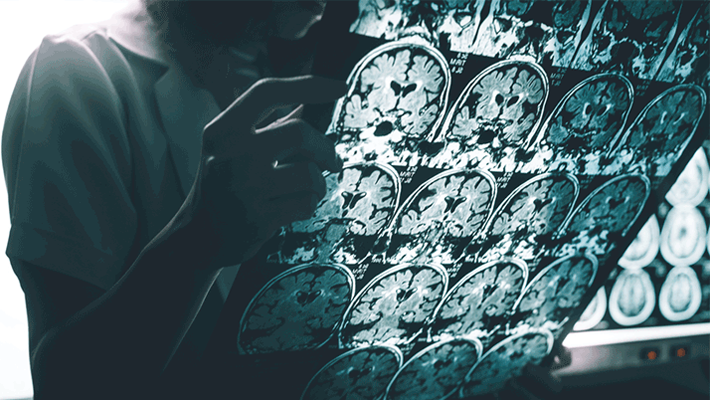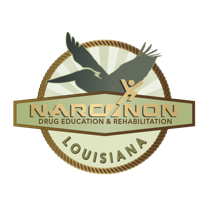Why Drug Addiction Isn’t a Disease

There are several reasons why, unlike traditional 12-step programs, Narconon does not teach our clients or students that addiction is a disease.
Addiction is a Disorder, not a Disease
The first and foremost reason is that it is scientifically incorrect statement to describe addiction in such a manner. Currently, mental health diagnoses having to do with addiction are all classified as “disorders,” not diseases…
In other words, scientists are only able to prove the obvious about addiction: that it definitely causes various harmful effects to a person as well as causes his behavior to markedly deviate from the norm. A person addicted has different thought patterns and values than the average Joe in our current culture. However, a disorder is simply a list of symptoms that commonly occur together. For example, part of the “disorder” of addiction includes a possible loss of appetite as well as periods of irritability. These are just symptoms, clues to what is going on, not an actual description of some mythical chemical imbalance or infection in the body.
Symptoms of Addiction Disorders
More examples of symptoms of addiction disorders include the emotional need and desire to have a drug, impaired judgment, physical craving for a substance, etc. But a disorder is very different from a disease.
Something can only be properly called a disease in the medical community if it can be proven to exist, if you can test for it and possibly cure it. You can measure it. There are ways to deduce physically as to whether or not a person has this disease.
There is No Blood Test for Addiction
Therefore in the medical community, addiction isn’t called a disease. You can’t give a blood test to someone in order to detect if they have alcoholism or drug addiction before the fact. You’re only able to look at someone who is addicted and say “Hey, this person is addicted.” You can label them with having an addictive disorder. The label, however, does little to help a person quit.
Labels Stick
Which brings us to the second, more important reason we don’t call addiction a disease. Labeling someone with a disease has actually been proven to cause the symptoms of the label to persist. Labels stick. The more often someone hears they have a disease they will never be cured of, the more they tend to believe it. The label of addiction saddles the person with all the symptoms of the disease, sometimes whether they have them or not. Part of the problem an addict has is that he’s gotten to the point where so many things have gone wrong in his life and he has so many regrets about his decisions that he has trouble taking responsibility for his addiction. So the label makes it easier and justifies why he does what he does.
Calling addiction a disease also excuses falling off the wagon or going back to drug use. Even some rehab programs assert that since the addiction is a disease, relapse is simply a normal occurrence, thus explaining away both the failure of the addict and of the rehabilitation program.
Responsibility
Normally people have trouble taking responsibility for the mess they have made; it is hard to confront. Unfortunately an addict has made a big mess. This results in him taking little responsibility for his life. Because of that, he’s going to take more drugs. The less responsibility he takes for his life, the worse life gets, the more he feels a need to take the drugs in order to hide these things from himself and gloss them over. For addicts, drugs provide rose-colored glasses to filter an otherwise stormy and troublesome day.
Stamping a label on someone actually denies them responsibility. They’re able to say “Wow, you know, I have an addiction disease. That explains my behavior.” Also, it explains and justifies future addictive habits.
Factually, enforcing that someone has a disease actually lowers the person’s chance to recover.
To Recover, You Have to Know it’s Possible
The third and final reason Narconon does not call drug addiction a disease is because for someone to beat addiction, for someone to beat any enemy, they have to believe that enemy can be beat. For someone to conquer addiction and recover from it completely, he or she must know that addiction can be conquered. They have to know they don’t have to live with addiction for the rest of their lives.
What Recovery Means at Narconon Riverbend Retreat
Recovery at the Narconon Riverbend Retreat in Louisiana doesn’t mean the person has to fight with themself for the rest of their life in order to resist using drugs. Recovery means the person no longer has the impulse to abuse drugs. Recovery means they are doing so well in life, and is so happy, and so successful, and has all the skills that he needs to cope with life, they no longer needs drugs in order to escape their troubles. They are able to live a happy, drug-free, sober life without compulsions to use.
The Beginning of the Process of Recovery
The very beginning of the process, where an addict goes from addiction all the way to full recovery, is the belief that it can be done. The belief that addiction isn’t part of a person’s core make-up, and that it can indeed be conquered, is fundamental to any lasting change. In traditional 12-step programs, they’re missing this step. The real first step is knowing that addiction can be beat. Traditional 12-step programs continually try to drill into the person’s head that he has a disease, that he will always be a “recovering addict.”
Narconon New Life Retreat’s graduates are “ex-addicts,” not “recovering addicts.” They were addicts. They are addicts no longer. And with one of the highest success rates of any drug rehab in the nation, Narconon New Life Retreat has proven itself as an effective long term drug rehab.
For more information about the Narconon program, or to learn how we can help you or your loved one overcome addiction and get back the life you’ve always wanted and knew you could have, call us and speak with an experienced, helpful drug rehab counselor. Call us.
